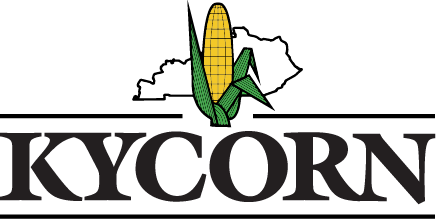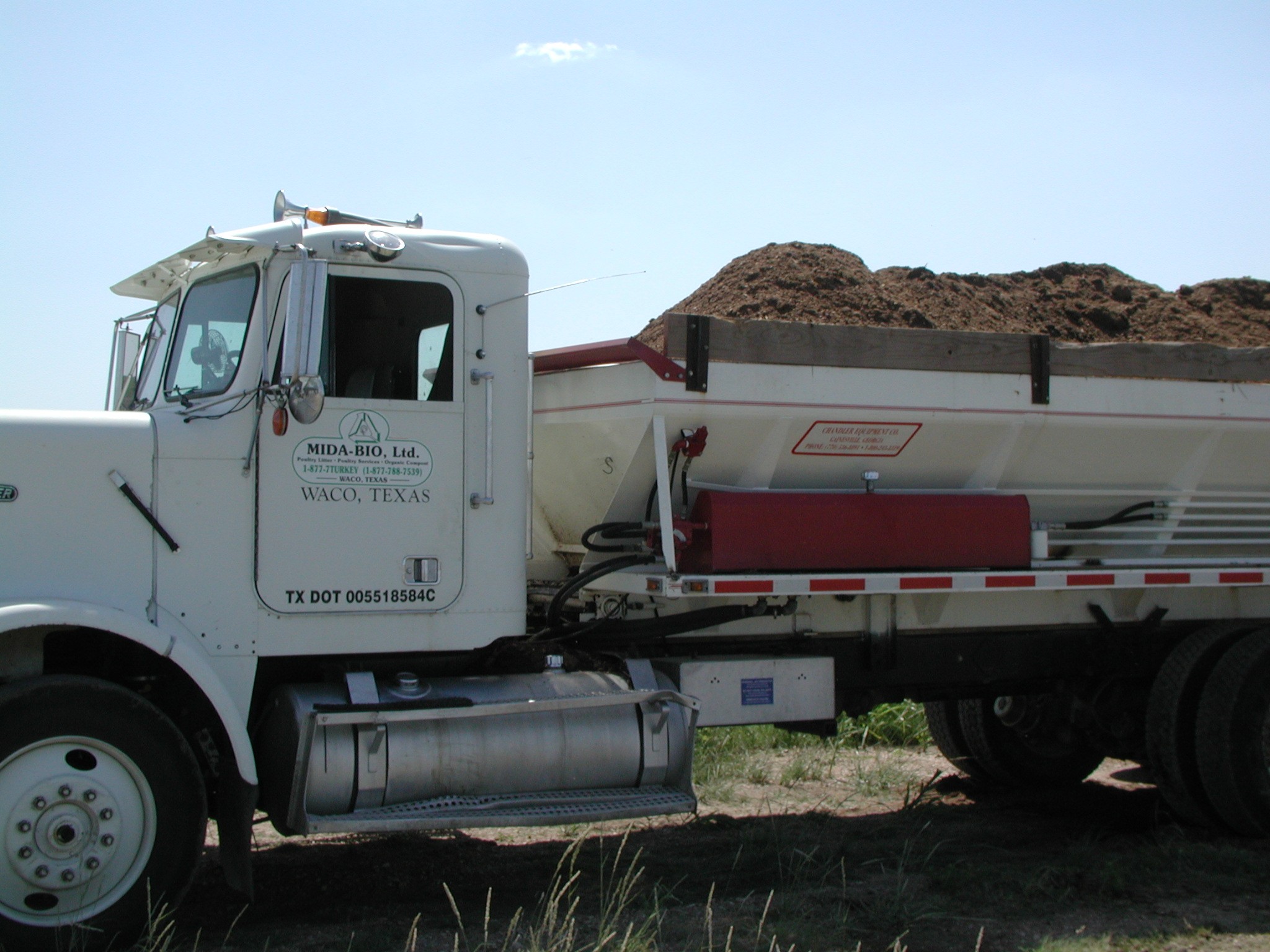By Jordan Shockley, UK Economic and Policy Update
Spring is here and grain producers across the state are gearing up for planting. One of the many decisions producers have to make before planting is in regard to their nutrient management plan. Broiler litter provides a great opportunity as a complete fertilizer and is being produced and used throughout the state in grain production. However, the value of broiler litter can vary greatly depending on the management practices, nutrient content of the litter, soil test data and commercial fertilizer prices.
Spring application of broiler litter maximizes plant available nitrogen resulting in the maximum economic value of broiler litter. As mentioned in previous issues, the average nutrient content of a ton of broiler litter in Kentucky (as received) is 50 lbs of nitrogen, 56 lbs of phosphorous, and 47 lbs of potassium. In addition to three macronutrients, broiler litter contains other beneficial elements such as micronutrients (zinc and copper), other secondary macronutrients (calcium, magnesium, and sulfur), and organic matter which are difficult to quantify in value. For this analysis, the three primary macronutrients (N, P2O5, and K2O) will be used to determine the value of broiler litter. If your soil test recommendations supported the application of broiler litter and you applied or plan on applying this spring, that is equivalent to 40% commercial nitrogen, 80% commercial phosphorous and 100% commercial potassium per ton of broiler litter (as received). Therefore, the nutrients that would be available to the crop from an average ton of broiler litter in Kentucky would be 20 lbs of nitrogen, 45 lbs of phosphorous, and 47 lbs of potassium. With current fertilizer prices of $596/ton for anhydrous ($0.36/lb N), $510/ton for DAP ($0.41/lb P2O5) and $386/ton for potash ($0.32/lb K2O), the average expected value of broiler litter is $42/ton. This value will vary day to day depending on the price of commercial fertilizer. In addition, this is using the average nutrient content of broiler litter. Each load of broiler litter can vary in nutrient content and should be measured to include into the overall nutrient management plan and supplemented with commercial fertilizer as needed.
Incorporating (disking or rain) broiler litter after application this spring can increase the commercial nitrogen equivalent by reducing nitrogen loss into the air by ammonia volatilization but depends on the time between incorporation and application. Rainfall of ½ inch can reduce loss by moving nitrogen through the soil but too much rainfall can cause runoff or leaching. If incorporated 2 days or less after application, commercial nitrogen equivalent increases to 60% resulting in an increase in the value of broiler litter to $46/ton. Commercial nitrogen equivalents decreases 5% for every 2 days incorporation is delayed due to ammonia volatilization (3-4 days = 55% commercial N equivalent & $45/ton value; 5-6 days = 50% commercial N equivalent $44/ton value). If you wait over 7 days, the value of broiler litter is similar to if you did not incorporate ($43/ton). If you are in a no-till system and applying broiler litter, it is not recommended to incorporate broiler litter just to gain the extra value.
Since the value of broiler litter is dynamic and always changing, a decision tool is available so grain producers can enter soil test data, nutrient content of measured litter, commercial fertilizer prices, and management practices to determine the value of boiler litter. Look for the “Economic Value of Poultry Litter: Grain Crops” on my website: (http://www.uky.edu/Ag/AgEcon/shockley_jordan.php).

